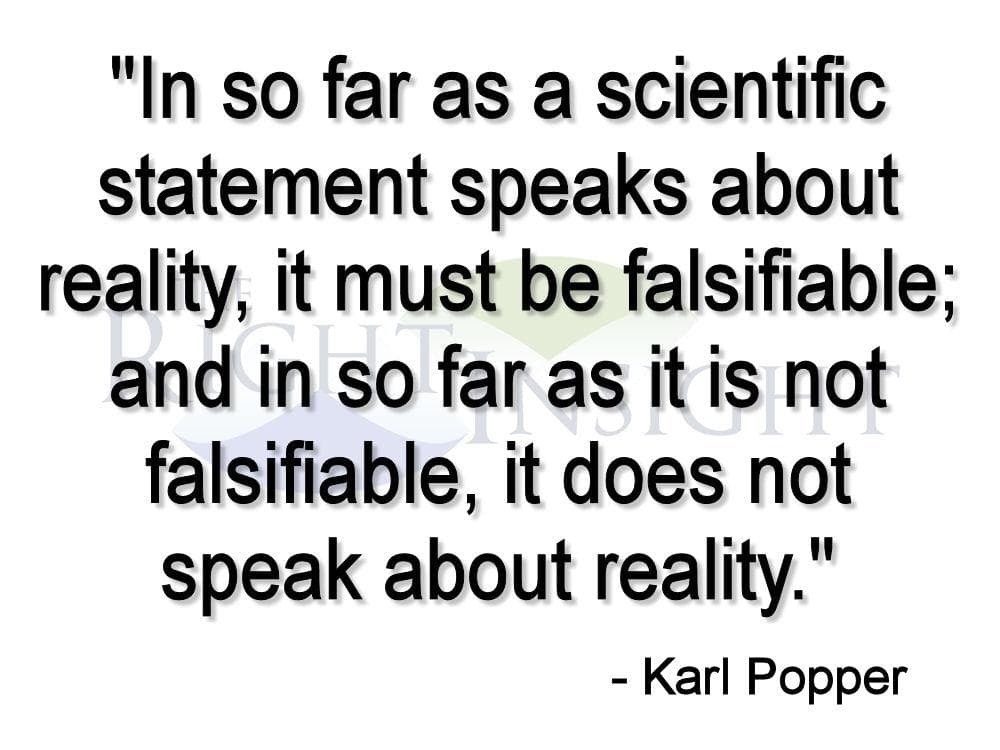Science (Merriam-Webster)
1 : the state of knowing : knowledge as distinguished from ignorance or misunderstanding
2a : a department of systematized knowledge as an object of study //the science of climate
“Science is Real” is one of a group of memes which appear on a popular residential yard banner/sign headlined “In this house, we believe:”. At the most fundamental level, the statement is a truism. Science exists. Knowledge exists, but ignorance and misunderstanding persist. Therefore, scientific exploration is incomplete and ongoing.
However, beyond this fundamental understanding, this apparent truism is actually false. Not everything revealed by science is knowledge, nor is everything identified as science. For example, there is an irreproducibility crisis in science. A scientific result which cannot be reproduced by other researchers using the same data and observations is not knowledge, but rather a dangerous form of ignorance. Similarly, science which selectively analyzes some data while ignoring other data is referred to as “cherry picking” and produces intentionally deceptive results, leading to an even more dangerous form of ignorance (intentional misunderstanding).
Falsifiability is the characteristic of a scientific statement or result which establishes that the scientific statement or result can be tested to determine its validity.
“In so far as a scientific statement speaks about reality, it must be falsifiable; and in so far as it is not falsifiable, it does not speak about reality.”, Karl Popper
It is not necessary that falsifiability be able to occur immediately, as the data or observations necessary to test may not be currently available.
There is an irreproducibility crisis in climate science. This crisis is aggravated by the frequent unwillingness of climate researchers to share data, statistical analysis approaches and computer code with other researchers. It is also complicated by “adjustment” of data, rendering the data merely estimates. Perhaps the most glaring example of falsifiability in climate science centers around sea level and sea level rise measurement. The two methods of measurement produce results which vary by a factor of two. One or both of these measurements must be false, but the ability to falsify the incorrect result does not yet exist.
Climate models are a classic case of results which are ultimately falsifiable but are not subject to immediate falsification. The CMIP5 ensemble of models produce widely varying results and thus cannot all be true. However, the models are progressively falsifying themselves as the differences between modeled future temperatures and actual measured temperatures continue to grow larger. While the climate models demonstrate some degree of knowledge of the climate, their differences highlight the remaining ignorance regarding the climate. The models also actually ignore certain aspects of the climate which are not sufficiently understood to be modeled with any accuracy.
Climate science also still struggles with the inability to define climate sensitivity and climate feedback, still expressing them as ranges of potential values. This issue, combined with the wide variation in Representative Climate Pathways, is the primary reason for the wide variation in modeled outputs.
The danger with statements such as “science is real” is the assumption what is identified as science is true, or that identifying something as science makes it true.
